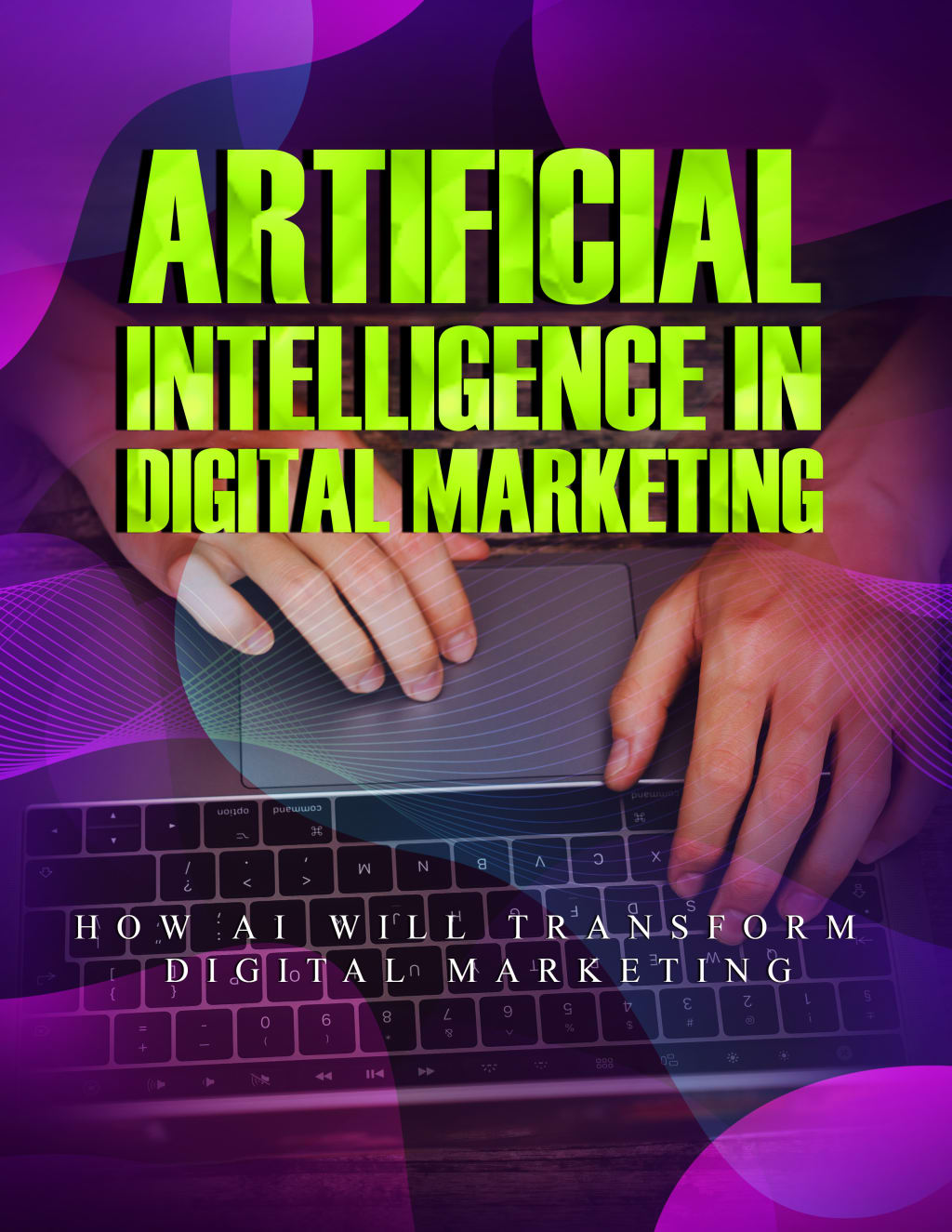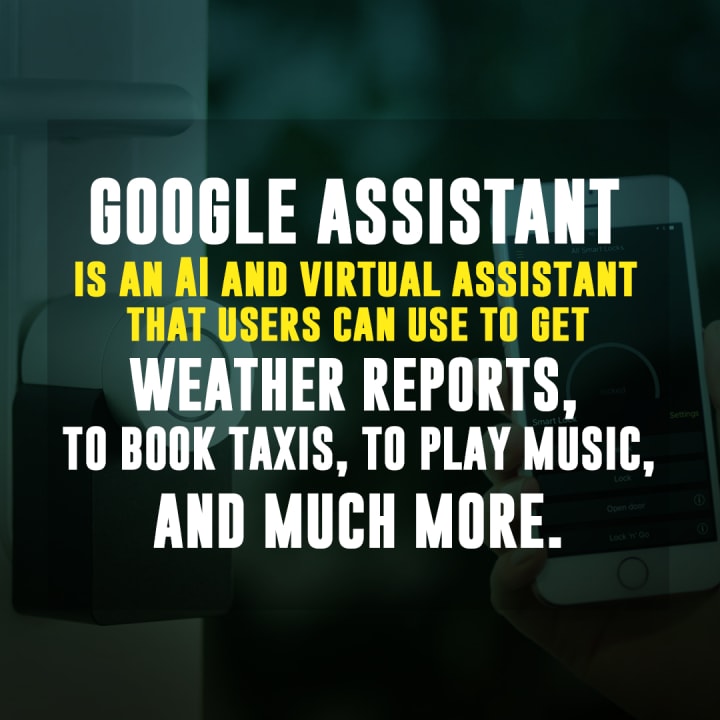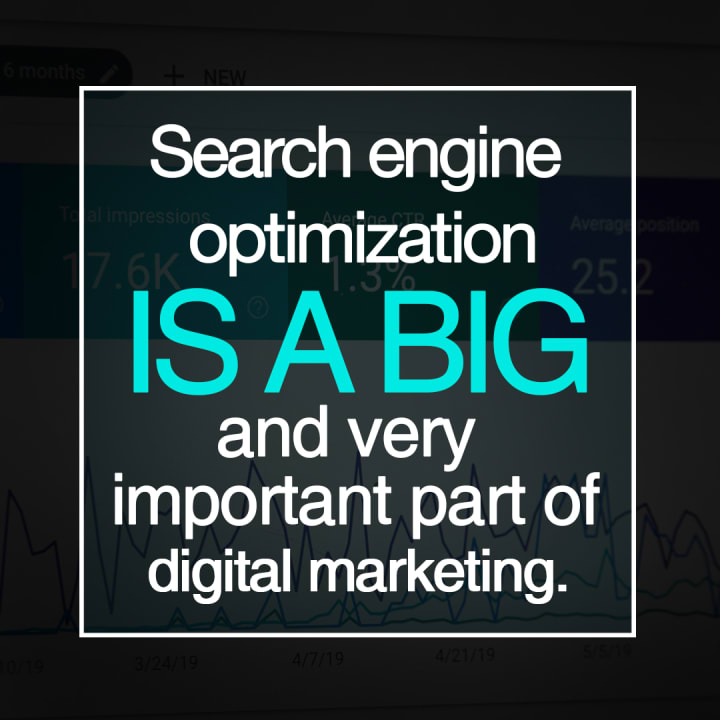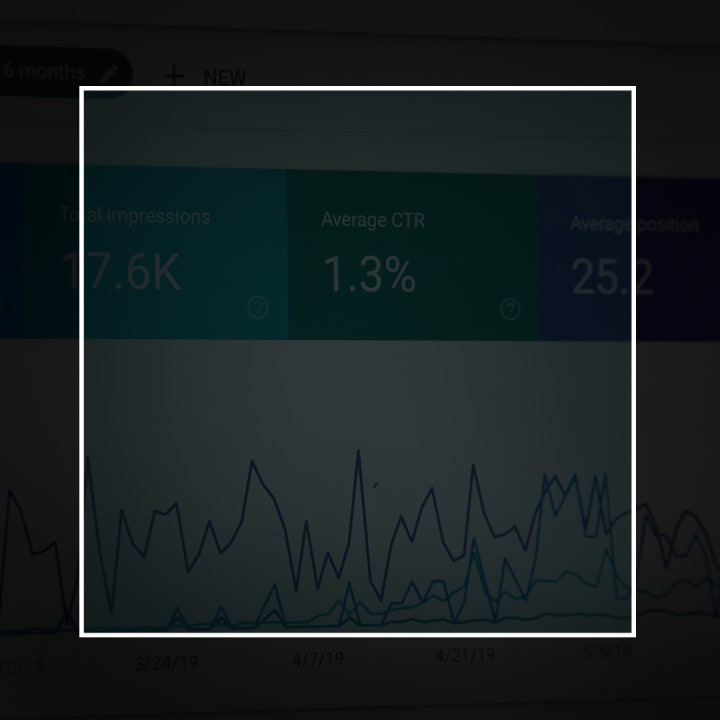How AI Will Change the Face of the Internet & How Google is Getting Smarter and What That Means for Marketers
AI Will Change the Face of the Internet & Google is Getting Smarter and What That Means for Marketers

AI has the potential to change the face of the internet, and potentially to completely destroy it.
Often, you hear leading thinkers like Elon Musk talk about the threat of AI. Stephen Hawking famously said that AI could be the worst event in civilization, and that it might spell the end of the human race!
All this might have you picturing such things as Skynet and Hal from 2001 Space Odyssey. But that’s probably not what they’re talking about.
Those science-fiction horrors are examples of what you would call “General AI”. That is essentially AI designed to completely replace a human, which we haven’t come all that close to creating yet. The closest thing to this is DeepMind, which still isn’t likely to pass the Turing Test.
What these great thinkers are talking about on the other hand – most likely - is the power of machine learning and narrow AI to completely transform the economy, the web, and what it means to be human.

AI Will Totally Destroy Internet Marketing
Let’s imagine how AI might impact on internet marketing for a moment. Currently, the best way to ensure your content gets seen is to write lots of high quality articles or posts, and then to share them to a blog.
But what if an AI could write an article better than you could? This isn’t hypothetical – it’s something that has already been achieved in several instances.
What would take a human an hour to write would take an AI a fraction of a second. And that would mean it could flood the web with new content – doubling or tripling its size overnight.
Now imagine that this gets into malicious hands. AI could write forum posts and create social media profiles and could lace that content with a specific message. In no time at all, it would be able to sway public opinion, or rewrite history. And human writers would be powerless to stop it!
In the future, you may not know what is written by a human vs an AI. And you may not know what to trust.

An early example of this that we should heed as a warning is the “deep fake.” Deep fakes are videos of celebrities that have been created via machine learning. Celebrity faces have been added to videos of other people and can thus be made to say and do anything.
This is only possible thanks to complex machine learning algorithms that work by analyzing countless images of faces to see how they contort and change during speech and movement.
Imagine a world where this has become so easy to do, that you can never know if an online video is real or not.
It might well get to the point where people are forced to stop using the internet, because there is such a huge wealth of fake information and auto-generated content.
Of course, that’s a long way in the future. But we should keep an eye on AI, and we shouldn’t take the web for granted!

How Google is Getting Smarter and What That Means for Marketers
Most of us use Google every single day, and still it finds ways to surprise us. Have you ever gone to search for something in Google, only to find that it does something almost creepily intelligent?
For example, you might have noticed lately how Google will suggest search terms for you and often get them right. If I search “Ninja Turtles history” and then later start typing “Names of…”, there is a good chance that Google will suggest I finish that query with “…the Ninja Turtles.” Google is now smart enough to recognize that we tend to search more than once around the same topic, and it can help us to save time typing out questions as a result. At the same time, this also provides some encouragement as to what to search, thereby keeping users on Google for longer and benefiting the search giant too.
But take a moment to reflect on just how impressive this is really. Not only has Google understood that you are likely to be looking for more things related to your first search, but it has also understood that the Ninja Turtles have names – that they are a group of fictional characters.
How can it do this? Partly it comes down to a very powerful new feature of the algorithm called rankbrain.
Introducing Rankbrain
Essentially, RankBrain is an algorithm designed to better understand what people mean when they search for something.
Previously, Google worked by looking for exact keyword matches. If someone searched for a phrase such as “buy hats online,” then Google would look for a website that featured that exact phrase somewhere in the text. This was a simple method, but unfortunately it was also flawed. Apart from anything else, it was very easy for website owners to try and “trick” Google.
RankBrain changes this by splitting search phrases up into “word vectors” that categorize search terms by their meaning and their context. This way, RankBrain can then attempt to understand the question and then find an actual answer online.
This also allows Google to avoid making mistakes when looking at words with more than one meaning. For example, if you were to search for “decision trees,” then Google might once have gotten confused between the flow chart, and decisions about trees. The old Google might have brought up an article telling you how to “make decisions about trees.”

The new Google however will look for related terms and phrases in the text, which could include such things as “flow chart” or “choices.”
By recognizing these terms are also in the text, Google will know that the user was asking about decision trees (flow charts) and not tree decisions!
Google is getting smarter all the time, and is becoming increasingly adept at second guessing users and knowing how to provide them with useful answers. This changes the game for internet marketers too though, who now need to think in terms of synonyms and related terms, instead of just repeating the same phrase over and over!
A smarter Google requires smarter marketing!






Comments
There are no comments for this story
Be the first to respond and start the conversation.